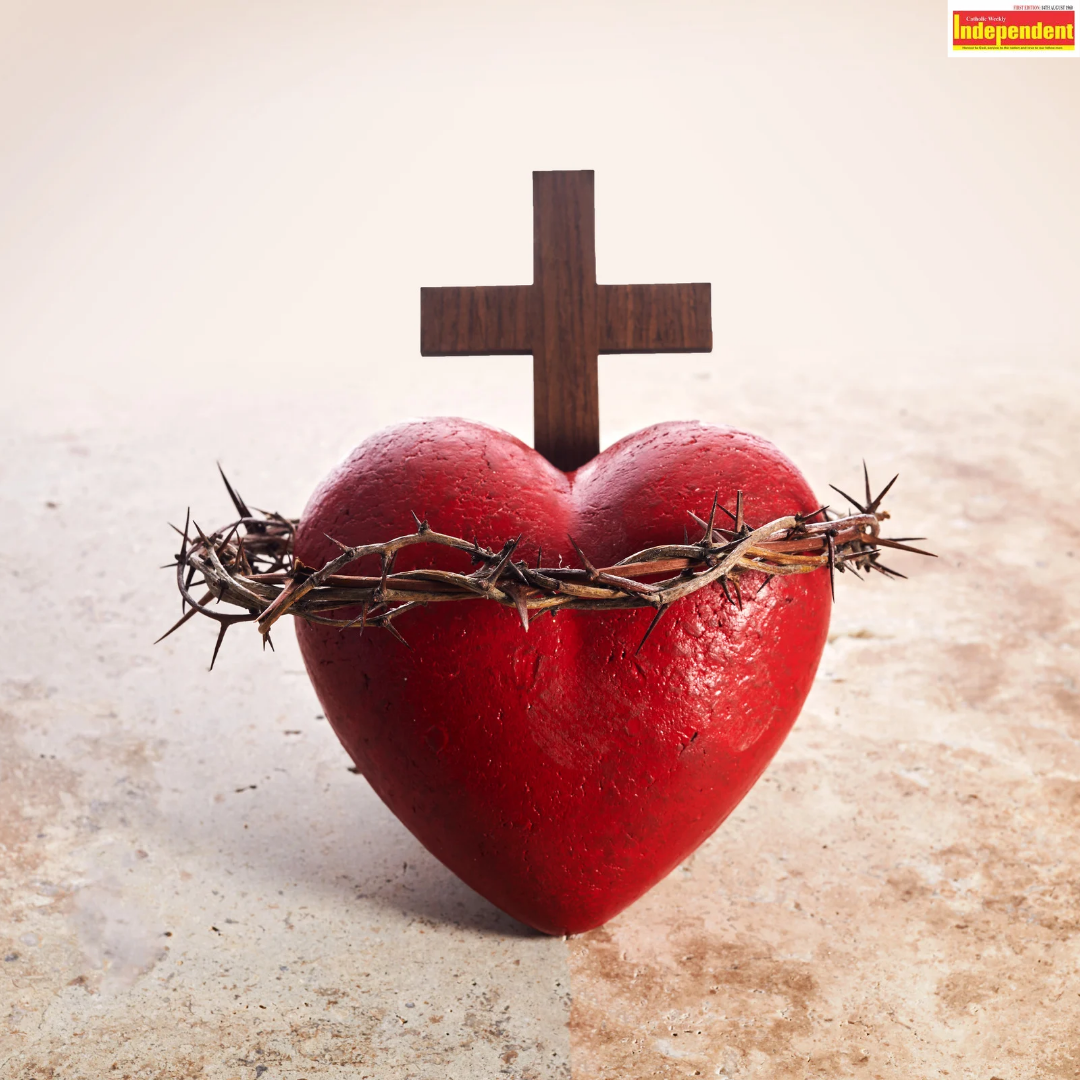
A Formed Heart in a Deformed World
Growing up, Valeria lived on a quiet street where most women knew each other and exchanged visits. Some even had nicknames that reflected their personalities. Adaugo, a woman who lived in that neighborhood, was nicknamed “Iron Lady”. She was avoided by almost every other woman and even considered unfit for the neighborhood.
Most children in the area grew up thinking that Adaugo was a wicked, lonely woman who lived alone and hated everyone. Based on their prejudices, Valeria’s friends advised her not to be close to the woman. Valeria’s mother, however, had a different perception of Adaugo, who she maintained, was sensible, polite, and rational in her interactions.
Valeria grew up to realise that her mother was right; Adaugo was neither wicked nor mean; she was only shaped by difficult circumstances from her formative years. She had lost her parents as a child in the 1967 Nigeria Civil War and was raised in a refugee camp. She got married, but her husband died shortly after, leaving her completely alone in a society that judged and ill-treated her.
Taking up a job as a cleaner in a nearby school and hospital, she worked two shifts, hence needed afternoon rests, which the children and their parents constantly denied her. Adaugo was neither mean nor a threat to anyone. She was just a victim of a flawed society that failed to accommodate the needs of vulnerable persons in need of community support.
The above story heralds our subject matter, Social Injustice and Inequality. The terms refer to the marginalization of individuals or groups culminating in the denial of equal access to opportunities and services because of their race, ethnicity, gender, age, status, as well as ability, or disability status. Like Adaugo, a significant number of people in our society are wrongly profiled by others, which often leads to social exclusion and ill-treatment by others who believe that certain groups of people are undeserving of respect and dignity.
For instance, some people strongly maintain that women should not be given leadership roles in society. This erroneous belief exemplifies prejudice, discrimination, unjustified gender-based bias, and social exclusion. Recall the Aba Women’s Riots of November 1929; a period of social unrest in colonial Nigeria. The protests broke out when thousands of Igbo women from the Bende District, Umuahia, and other places in South-Eastern Nigeria travelled to Oloko town to protest against the Warrant Chiefs, whom they accused of restricting the role of women in the government. The method of operation of the protests involved a ‘sit-in’ by the women. During the events, many Warrant Chiefs were forced to resign, and 16 Native Courts were attacked, most of which were destroyed.
History reckons that this riot was the first major revolt by women in West Africa. The protest gave rise to the abolishment of the system in 1930. These injustices and inequalities still exist in our modern society; in our various homes, places of work, Churches, and especially in government.
Husbands deny their wives the opportunity to contribute to decision-making at home, persons with disability are not allowed to unravel their potential, special seats are allocated to some persons in some churches and mosques, and some political officeholders neglect either the women, youths or persons with disabilities, the opportunity to contribute their quota to nation-building, and so many instances of injustices and inequalities.
Scripture warns us to guard against social injustices/inequalities, emphasizing God's concern for the vulnerable, the marginalized, and the downtrodden. The Prophet Amos, a powerful voice for social justice, spoke outrightly against the injustices of his time, condemning in totality, the exploitation of the poor, the corruption of the powerful, and the complacency and selfish aggrandizement of the religious establishment (Amos 2:6-8, Amos 5:11, Amos 5:14 15).
Likewise, many scriptural passages condemn social injustices and inequalities (cf. Leviticus 25:35-37, Deuteronomy 15:7-11, Luke 16:19-31, Proverbs 19:17, Isaiah 58:6-7, Matthew 25:31-46, Hebrews 13:3, Psalm 82, Isaiah 1:17, Luke 4:18-19, Matthew 9:36-38, Luke 10:25-37). These and other biblical passages clearly illustrate God’s displeasure toward acts of injustice and partiality.
Social injustice and inequality are serious issues that we should all take quality time to reflect on, and if necessary, purge out of every human society. All hands must be on deck to curb this menace. Change they say, begins with the self.
Thus, we all need to ask ourselves pertinent questions; “How do I treat those placed in my charge?” As a man, do I belong to the class that maintains that women should have no voice in society? Fighting social injustice and inequality is a collective responsibility, thus, individuals, Civil Society Organizations, Non-Governmental Organizations, and the Government at all levels are enjoined to fight for the freedom and emancipation of marginalized persons.
Through its Formation of the Heart Series, Caritas Nigeria is championing the cause to conscientise people to treat one another with dignity, for only ethically formed hearts reflect the need for justice/equality for all.
Utsa Ushahemba Vitalis, Institutional Capacity Strengthening Unit, Caritas N



Leave a Comment